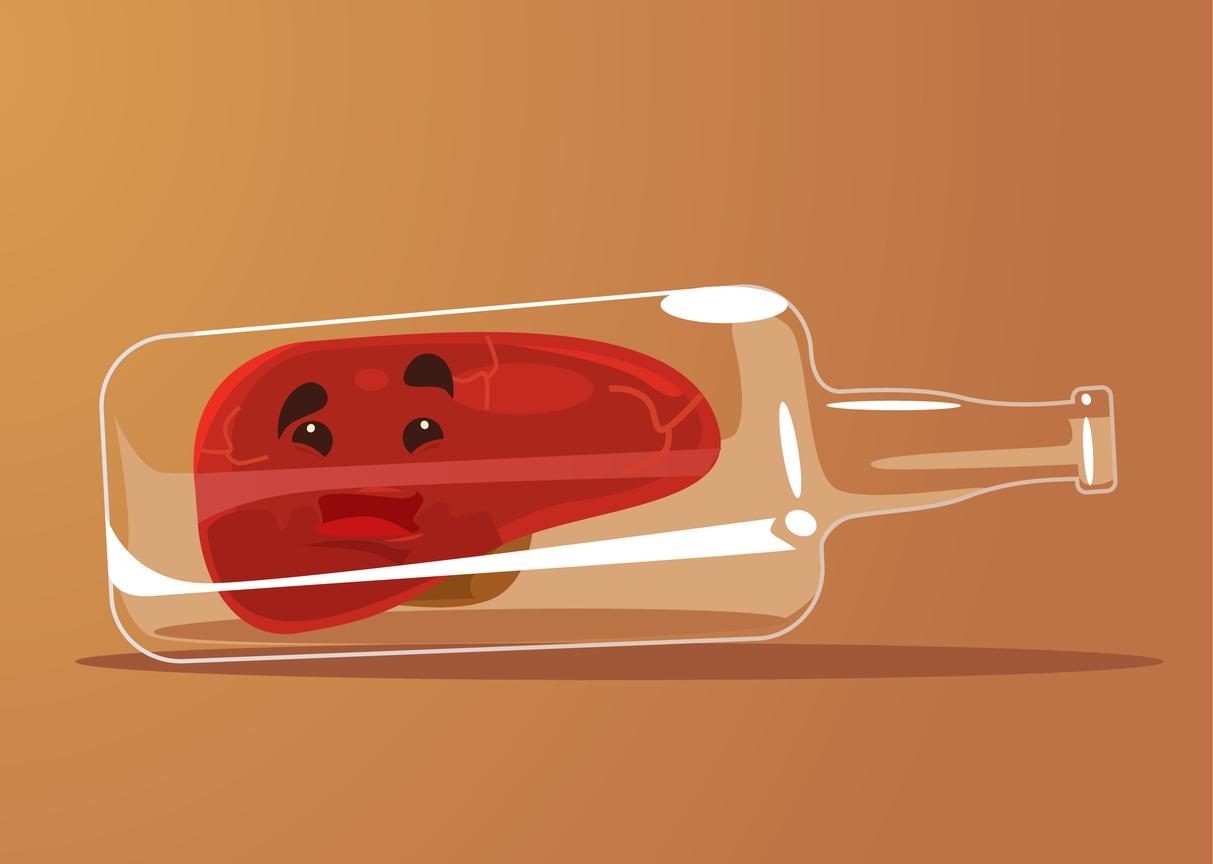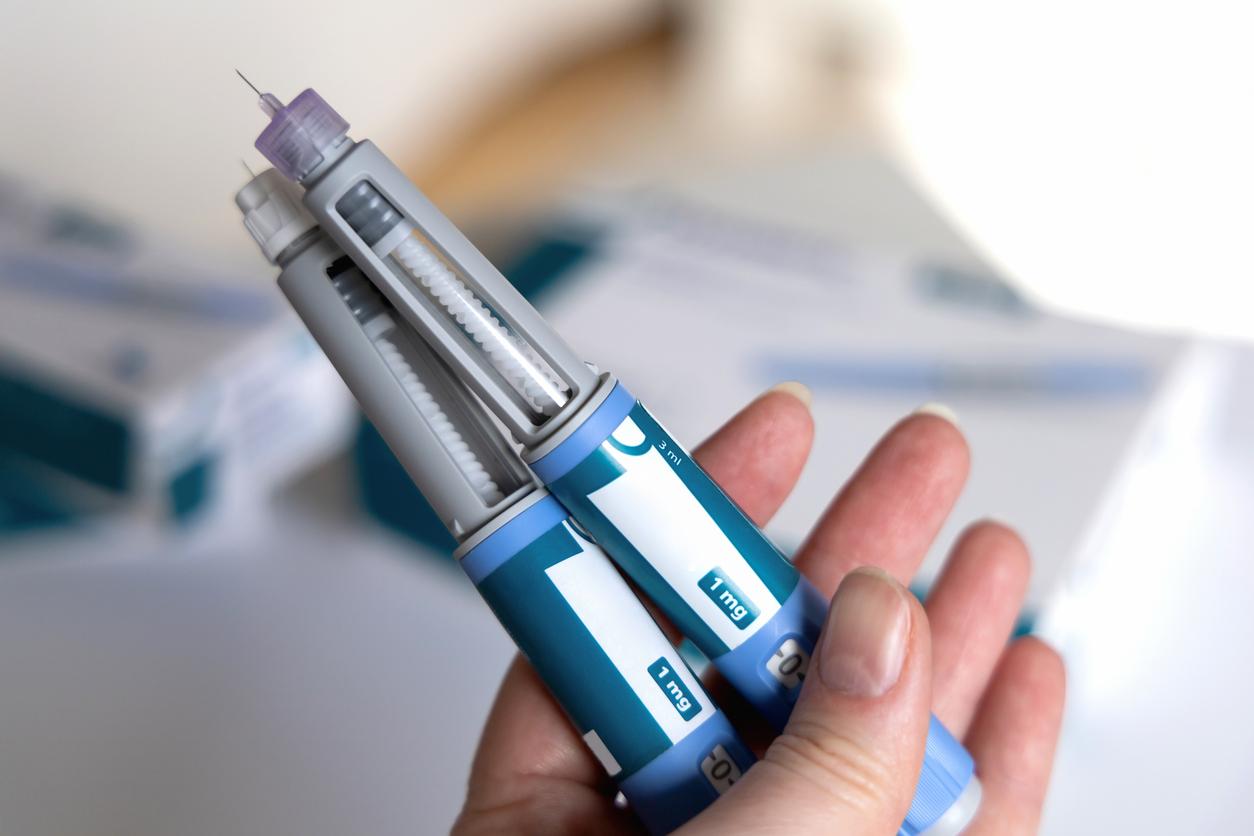The fashion is for fake sugars. True sweetening power but perhaps a false solution, doctors do not all agree on their long-term usefulness.

What about synthetic sweeteners? Under this barbaric name are the famous sweets, light drinks and some nonsense like diet chocolate! For most of you, sweetener means sugar-free, which isn’t quite accurate because there are two kinds of sweeteners. Admittedly, those which have a very strong sweetening power without adding calories, but also those which are called polyols, which serve to increase the consistency and viscosity, and are considered as sugars with no effect on cavities or problems. of diabetics. This is the case, for example, with sorbitol, which is found in the new so-called sugar-free chewing gum, of course, but not without calories – the nuance is important.
False sugars – aspartame is the best known – have a sweetening power 300 to 400 times greater than that of sugar, which explains why for an equivalent effect, their calorie intake is negligible. However, even if many gourmets have been able to convince themselves to use them, there remains a certain bitterness – or a different sweet taste – which, when consumed, sometimes makes them unpleasant. This is why, in recent years, mixed products have appeared, made up of 99% sucrose, which is the chemical name of our good old sugar, and 1% sweetener. The result is quite impressive in terms of quality and allows you to halve the calories: 10 calories instead of 20 for normal sugar. The performance is even more impressive for so-called light drinks: one liter of cola, whatever its brand, provides 100 grams of sugar. Its light version, nothing at all. It is therefore, in fact, that the main effort of the summer must be directed, and perhaps less on the deprivation of the traditionally sweetened morning coffee.
To be complete, we now know that contrary to what we have read, these products are not dangerous except in people who suffer from phenylketonuria, a rare genetic disease that causes difficulty in digesting an amino acid, phenylalanine.
However, they have a major drawback: they do not make you forget the taste of sweetness and therefore make relapse likely at any time. Finally, there is not a diabetology congress without communication on the links between diabetes and these false sugars. This is why, although nothing is clearly established, for those who can deprive themselves of sugar, modern medicine prefers restriction rather than imitation.
Doctor Jean-Francois Lemoine
Subscribe to the chronicles of Dr Lemoine
@DrLemoine
.

















